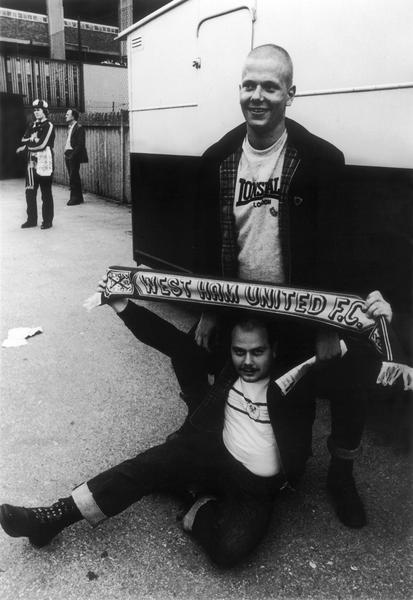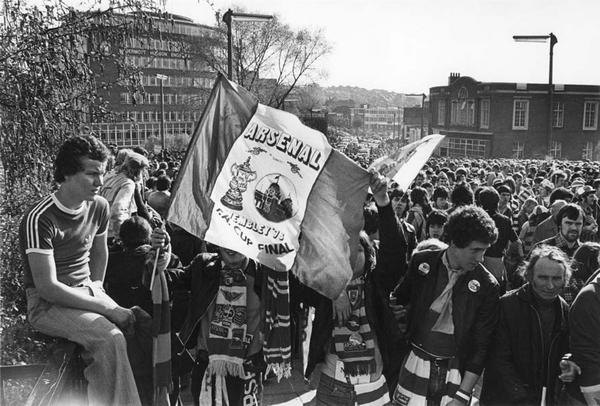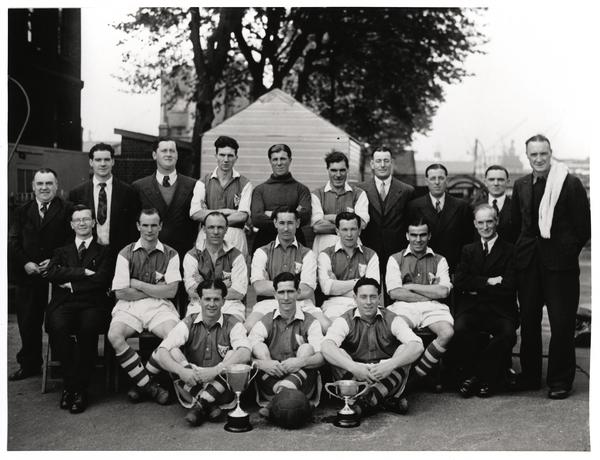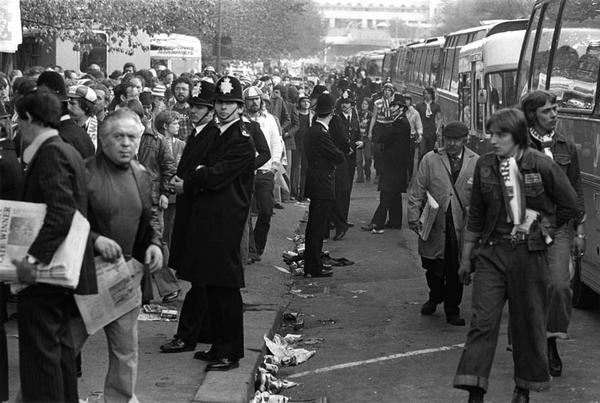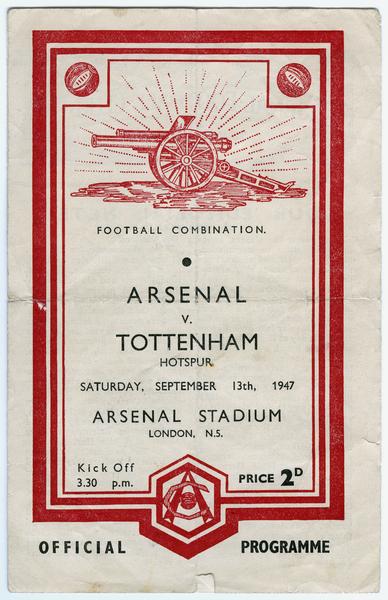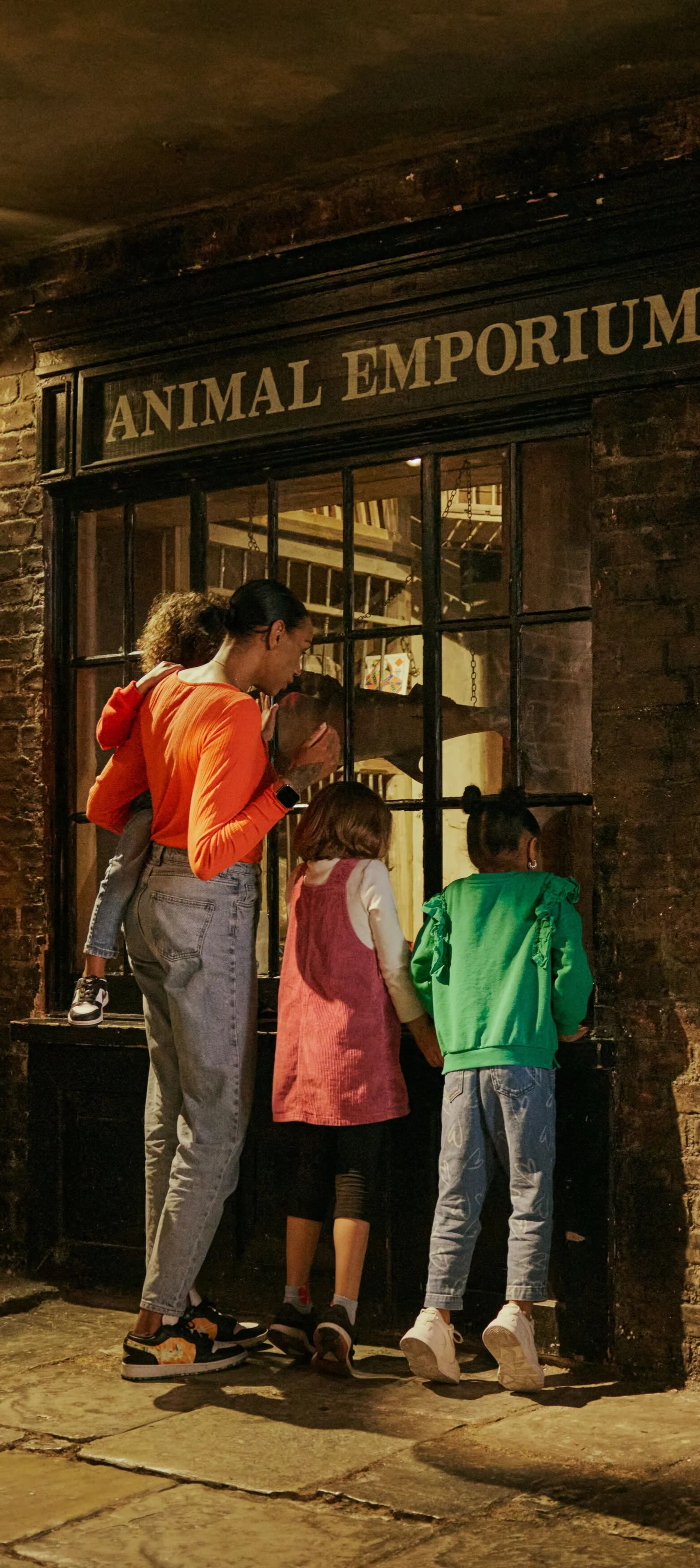London’s oldest football clubs
Football has been played in the capital for over 800 years. But it was only in the 1800s when football rules were formalised, and Londoners started creating official clubs and joining newly organised leagues. Across the city, teams sprung out of cricket clubs, public schools and factories. The following English Football League clubs are the oldest in London, with origins stretching back well over 100 years.
Across London
Since 1879

Fulham FC, 1879
London's oldest professional football club, Fulham Football Club, was founded in 1879 as Fulham St Andrew’s Church Sunday School FC, a church team for west London boys. At first, they focused on cricket – but it turned out they were quite good at football, too. Fulham moved around over the following decades before finding their riverside home at Craven Cottage in 1896. It’s the oldest football stadium in London. The original Cottage (used as a pavilion) and stand are Grade II-listed.

Leyton Orient FC, 1881
This team has roots in the Glyn Cricket Club, created in 1881 by former students of Homerton College in Hackney. Their football section launched in 1888. The Clapton-based club was first known as Orient after the Orient Steamship & Navigation Company, where some of the team worked. From 1896, they were Clapton Orient – a name they held until 1946, long after they’d moved across the River Lea to Leyton in 1930.

Tottenham Hotspur FC, 1882
Tottenham was created when boys from Hotspur Cricket Club started a team with a local grammar school. The name ‘Hotspur’ refers to Henry Percy, an English rebel nicknamed ‘Harry Hotspur’ who led uprisings against King Henry IV in the 1300s, and whose family owned land in Tottenham. The club played on Tottenham Marshes and Northumberland Park before moving to a new ground, White Hart Lane, in 1899. In 2019, 120 years later, the club moved into their new 62,000-capacity stadium built on the same site.

Millwall FC, 1885
Millwall began life in 1885 as Millwall Rovers, a club of workers from the JT Morton canning and bottling factory on the Isle of Dogs, east London. In the early years, the club moved around a lot as they struggled to find an appropriate home ground in an area dominated by docks and factories. In 1910, hoping to boost their crowds, Millwall moved south of the River Thames to New Cross and their intimidating new fortress, The Den.

Queens Park Rangers FC (QPR), 1886
QPR’s history stretches back to 1882, the year a youth team called Christchurch Rangers was founded. In 1886, Christchurch merged with a club called St Jude’s Institute. They became known as Queens Park Rangers – simply because most of the players came from Queens Park in north-west London. The club roamed around many different grounds before settling in their permanent home at Loftus Road in Shepherd’s Bush in 1917.

Arsenal FC, 1886
Arsenal’s unofficial anthem may now be North London Forever, but this Islington club was actually formed in Woolwich, south-east London. In 1886, workers from the Royal Arsenal arms factory started a football team which became known as Woolwich Arsenal. By 1913, the club was struggling financially and on the pitch. Their owner moved them to the bigger, better-connected Highbury stadium, and the club promptly dropped ‘Woolwich’ from its name.

Brentford FC, 1889
West London’s Brentford FC could have been a rugby club. In 1889, the Brentford Rowing Club gathered in a local pub to vote on what sport to play in the winter. Football beat rugby eight votes to five. The newly formed club chose The Griffin pub as its headquarters. In 1904, Brentford moved to their beloved long-term home ground, Griffin Park, named after the pub and a local brewery.

Bromley FC, 1892
It took Bromley FC 132 years to reach the English Football League. Formed in 1892, the south London club played on a recreation ground and a cricket ground before moving to their permanent home, Hayes Lane, in 1938. Most of Bromley’s existence has been spent in regional and semi-professional leagues. But history was made in 2024 when they beat Solihull Moors on penalties in a play-off final and won promotion to League Two.

West Ham United FC, 1895
West Ham’s nicknames of ‘the Hammers’ or ‘the Irons’ give you a strong hint at the club’s origins. In 1895, workers at Thames Ironworks and Shipbuilding Company started a football team. The early Irons played at grounds around east London in Canning Town, East Ham and West Ham. Thames Ironworks FC was disbanded in June 1900 and, the following month, West Ham United rose out of the ashes.

